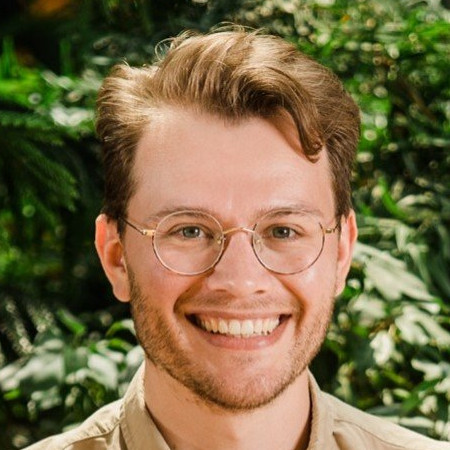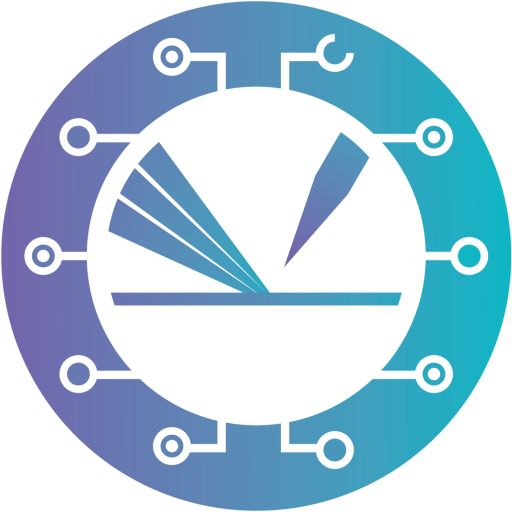Christian Reece
TU Wien Institute of Applied Physics
Tuesday, 13th September 2022,16:00 s.t.
The talk will be given in hybrid mode.
You can either attend in physical presence:
TU Wien, Institute of Applied Physics,
Wiedner Hauptstraße 8-10, 1040 Vienna
Yellow Tower “B”, Seminar Room DB 05 B (5th floor)
Or you join via Zoom:
https://tuwien.zoom.us/j/97138339991?pwd=U0NHVlNMTU5Xd1dMOG0vVkp2MjlrZz09

Developing New Paradigms for Applied Catalytic Surface Science
Catalytic surface science was developed as a method of “simplifying” the problem of heterogenous catalysis by determining kinetics and mechanisms on compositionally well-defined single-crystal metal surfaces [1]. While fundamental studies are vital to our understanding of catalytic processes, transferring this knowledge to “real-world” catalytic systems is extremely difficult. In an attempt to bridge this (so-called) gap, we are developing instrumentation and methodologies to probe kinetic and mechanistic information with the same resolution as surface science while using “real-world” catalytic materials. We have developed a number of home-built transient packed bed reactors in order to study “real-world” catalytic materials/systems. Using CO oxidation over a Pd catalyst as a test reaction we are able to recreate complex catalytic behaviour witnessed in a UHV molecular beam system [2] in a packed bed reactor at 108 times higher pressure. Further, we are able to use time-resolved simulations of our transient experiments to demonstrate continuity between the kinetics coefficients measured using molecular beams [2] and those measured on our materials under “real-world” conditions.
